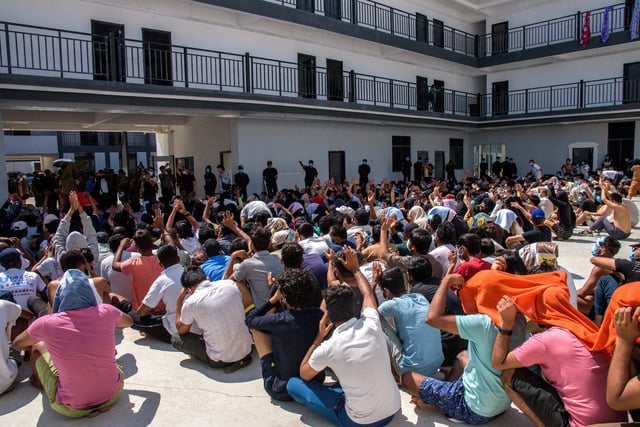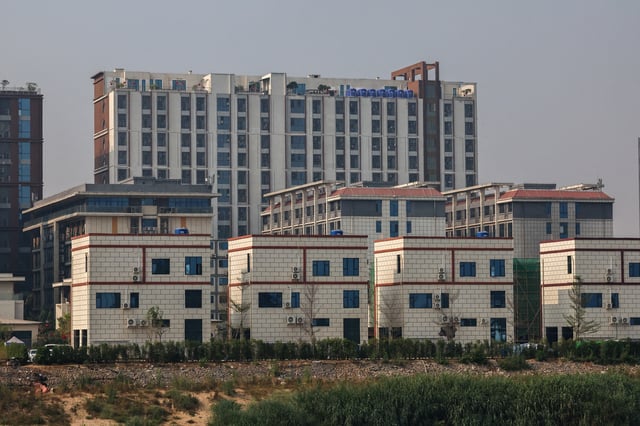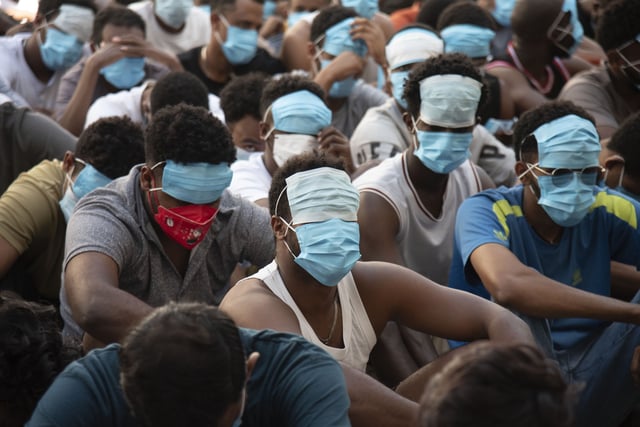Overview
- The United Nations Office on Drugs and Crime (UNODC) highlights the global expansion of cyberscam syndicates, originating in Southeast Asia, to regions including South America, Africa, and Eastern Europe.
- Hundreds of large-scale scam farms are operational worldwide, exploiting trafficked workers and generating tens of billions of dollars annually through cryptocurrency-based fraud.
- Syndicates have adapted to intensified crackdowns in Southeast Asia by relocating to remote, underregulated areas with weak governance and corruption, such as Laos, Myanmar, and Cambodia.
- New partnerships with South American drug cartels and operations in countries like Zambia, Angola, Namibia, and Georgia indicate diversification of criminal networks' financial and operational strategies.
- UNODC calls for urgent international cooperation, warning of unprecedented global consequences if the rapidly growing industry is not disrupted at this critical juncture.



